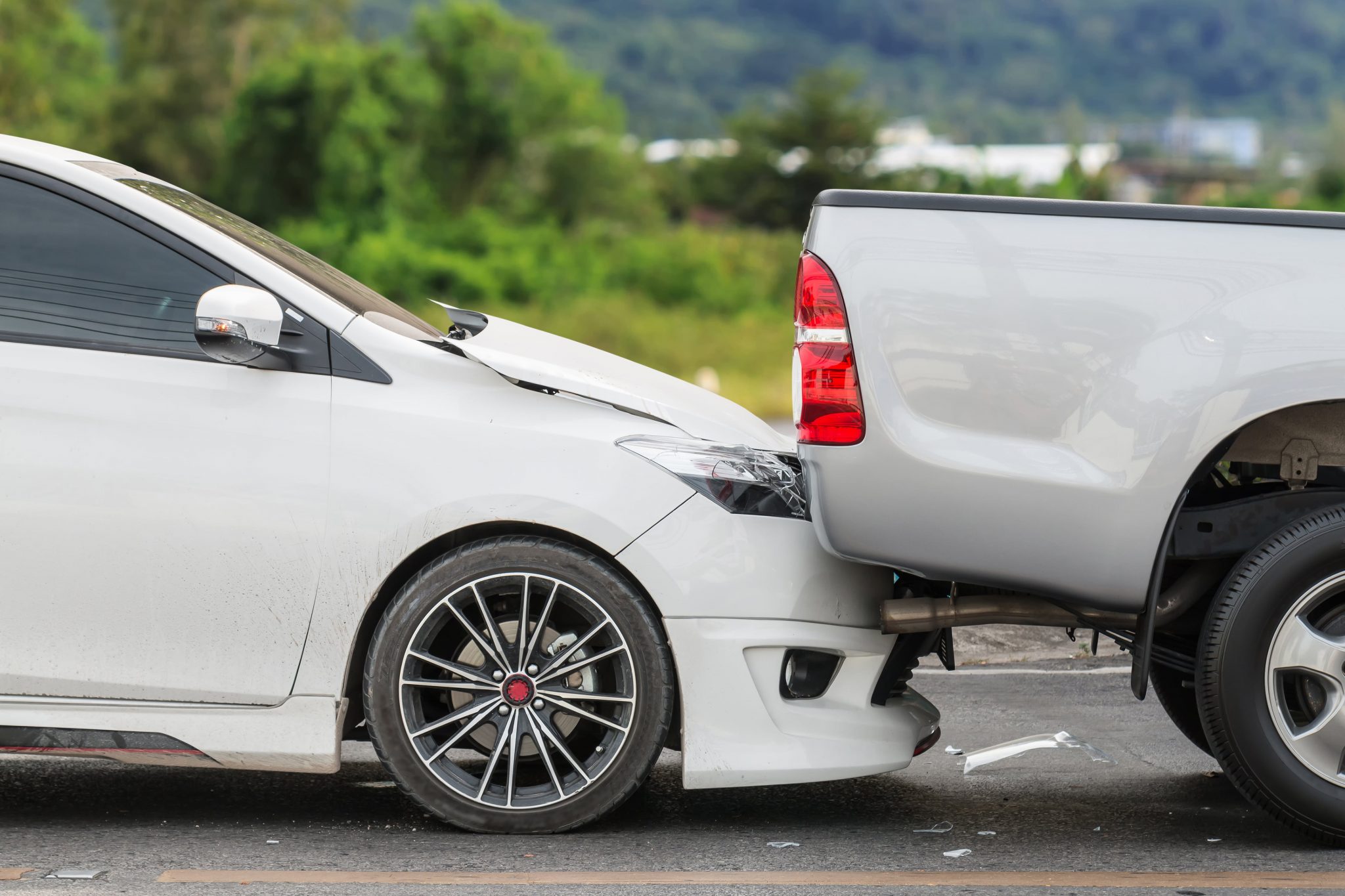- WE’RE HERE TO HELP 24/7
- 800.586.5555
What Is Florida SB 54 and How Will It Affect Florida Car Insurance?

Kanner & Pintaluga Welcomes Nino Rishmague in Miami
June 9, 2021
Kanner & Pintaluga Sponsors Hispanic Bar Scholarship Program
June 11, 2021What Is Florida SB 54 and How Will It Affect Florida Car Insurance?

There are some significant problems with Florida’s no-fault insurance system. On one hand, no-fault insurance ensures that you’re not entirely reliant on the other driver to pay for your injuries in a car crash. That means if someone who is uninsured or underinsured hits you, you can still get some compensation for your auto accident injuries.
On the other hand, personal injury protection (PIP) is very limited. It will only cover up to 80 percent of your medical costs, only 70 percent of lost wages for up to 14 days and doesn’t cover any pain and suffering.
The minimum amount of PIP required in Florida is only $10,000, and a serious accident can potentially leave injured drivers and passengers with tens of thousands or even hundreds of thousands of dollars’ worth of medical costs and damages. You might also suffer a debilitating injury or scarring that affects you for the rest of your life, which should justify significant pain and suffering damages.
Drivers in Florida can get some extra protection by paying for more than the minimum amount of PIP coverage. They can also invest in uninsured/underinsured motorist coverage for added protection. But in many respects, the no-fault insurance system makes it harder for people injured in Florida auto accidents to hold the negligent party responsible.
Why Would You need Uninsured/Underinsured Motorist Bodily Injury (UIM/UIMBI) Coverage If You Pay for Your Own Injuries?
A Florida driver or passenger injured in a car crash can still file a claim against the other driver’s insurance once their PIP policy is tapped out. However, many drivers in Florida don’t bother carrying bodily injury liability coverage since it’s not required by law. That means even if you need more money there’s no policy against which you can file a claim. Having UIM/UIMBI enables you to get at least some extra compensation to cover medical costs that exceed your own PIP policy limits.
What Will SB 54 and HB 719 Do?
Whether or not Senate Bill 54 becomes law is all up to Governor Ron DeSantis at this point. These car insurance reforms have broad bipartisan support in Florida’s legislature. The last vote on April 30, 2021 got 37 yeas and only 3 nays in the Florida Senate and 100 yeas and only 16 nays in the Florida House.
If it becomes law, Florida will essentially no longer be a no-fault insurance state. HB 719 was initially intended to require every driver to carry $25,000 of bodily injury liability coverage per person and $50,000 per accident, as well as $10,000 of property damage liability. SB 54, on the other hand, required the $25,000 bodily injury plus $5,000 of medical payment (MedPay) coverage.
They’ve settled on $25,000 of bodily injury per person/$50,000 per accident and optional medical payment coverage. Insurance companies would be required to offer drivers a MedPay policy limit of either $5,000 or $10,000 with deductibles ranging from $0 to $500.
As with most types of insurance, a policy holder’s monthly premium would be higher for the greater policy limit and the lower deductible.
Florida’s existing $10,000 property damage liability insurance requirement would be unchanged.
Why Is SB 54 Necessary?
Florida frequently ranks near the top of the country in uninsured motorists. The most recent estimate from the Insurance Research Council has Florida ranked six in the country with 20.4 percent of all drivers being uninsured. That means one in five drivers around you on the road has no insurance coverage. Some experts believe adopting normal fault laws will encourage more Florida drivers to get the insurance they are required by law to maintain.
No-fault laws also negatively affect people with personal injury cases in Florida since PIP is used to offset what insurance companies must pay injured people. In a case where the other driver’s insurance company should pay you $50,000 for your injuries, pain and suffering and lost wages they might only have to pay you $40,000 since your own PIP coverage paid 20 percent of your damages already. PIP essentially lets the insurance company save some money by forcing you to cover your own injuries.
PIP is also very limiting on things like lost wages and pain and suffering. The limited scope of PIP makes it much more difficult for people to get compensated for the work they missed or the reduced quality of life they experience because of an injury a negligent driver caused.
In a no-fault state, everyone’s injuries are their own problem, regardless of fault. The system isn’t entirely fair to people who were wronged by someone else’s recklessness. Getting rid of no-fault laws will make it easier to hold drivers responsible for the injuries they cause and make it harder for insurance companies to get out of paying injured people what they are owed.
It’s worth noting that insurance company lobbyists are against the bill, while consumer advocates are for the bill. The fact that the insurance companies don’t want this bill to pass is a sign that it will probably be good for the average policy holder.
